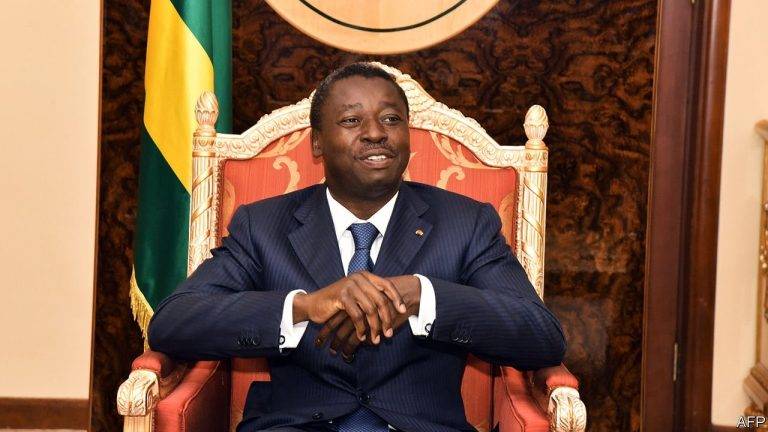Togo’s President Faure Gnassingbe has signed into law a new constitution that eliminates direct presidential elections.
The contentious legislation, denounced by opposition parties and civil society groups, is viewed as a bid by Gnassingbe’s family to extend their six-decade-long rule.
Under the new constitutional provisions, only the parliament will possess the authority to select the nation’s president, effectively sidelining the electoral process. This decision comes in the wake of Gnassingbe’s ruling party, UNIR, securing a significant majority in the recent parliamentary elections, marred by allegations of government crackdowns on civic and media freedoms.
Reports indicate a pre-election atmosphere of suppression, with protests against the proposed constitution banned, opposition figures detained, and the Catholic Church barred from deploying election observers. Additionally, the accreditation process for foreign journalists was suspended, highlighting a broader pattern of stifling dissent.
Despite provisional results showing overwhelming parliamentary dominance by UNIR, concerns persist over the longevity of Gnassingbe’s rule. The new constitution extends presidential terms from five to six years, introducing a single-term limit, yet exempting Gnassingbe’s past 20-year tenure. This exemption fuels skepticism among political opponents, religious leaders, and civil society, who fear an entrenched autocracy.
David Dosseh, a spokesperson for Togo’s civil society groups, reaffirmed their rejection of the new constitution, vowing to continue advocating for democratic reforms. “We will never accept this new constitution,” Dosseh declared. “The Togolese people must decisively look towards 2025 for a presidential election to achieve a democratic transition.”



